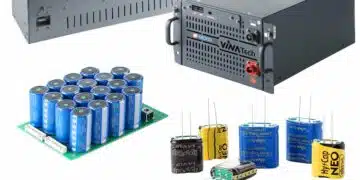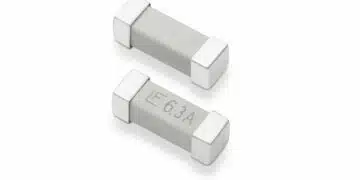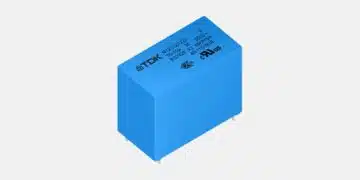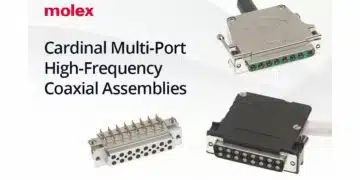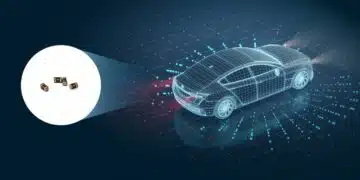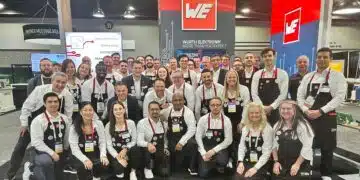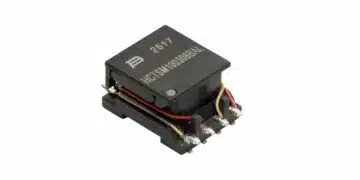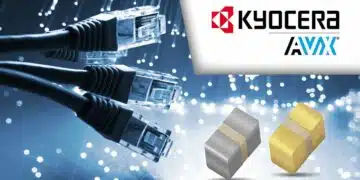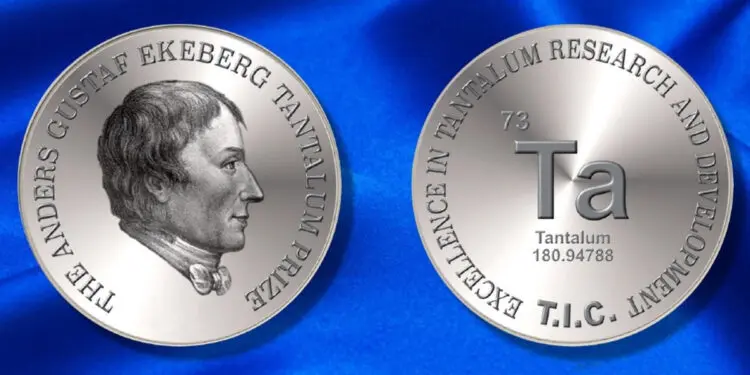A team from Edinburgh University, UK, led by Prof. Jason Love, has won the 2020 Anders Gustaf Ekeberg Tantalum Prize (‘Ekeberg Prize’) for its paper “Tantalum recycling by solvent extraction: chloride is better than fluoride” published in Metals.
The Ekeberg Prize is awarded annually for excellence in research and innovation of the element tantalum (Ta) and is sponsored by the Tantalum-Niobium International Study Center (T.I.C.), the global trade body representing the tantalum and niobium industry.
Announcing the winner, the independent judging panel led by Richard Burt stated that tantalum recycling will continue to increase in importance, both due to dwindling reserves, and also because recycling is of great societal interest, adding that this work is an important step toward significant improvement in the chemistry of recycling, which deserves more attention.
EPCI as a proud member of the G.A.Ekerberg panel board congratulate to the winner team.

The authors of the winning paper are Prof. Jason Love, Prof. Carole Morrison, Luke Kinsman, Rosa Crevecoeur and Amrita Singh-Morgan of the EaStCHEM School of Chemistry, University of Edinburgh, and Prof. Bryne Ngwenya of the School of Geosciences at the University of Edinburgh. The full paper will be reprinted in the October journal of the Tantalum-Niobium International Study Center (T.I.C.) and can also be downloaded at https://www.mdpi.com/2075-4701/10/3/346.
The prize and award ceremony
Usually the Ekeberg Prize is awarded at the T.I.C.’s in-person General Assembly, where the winner is the guest of honour, but this year Covid-19 has caused the physical meeting to be replaced by a virtual conference (details here), which threatened to make the award ceremony somewhat two dimensional. However, not to be outdone, on September 11th Roland Chavasse, T.I.C. Director, visited Edinburgh University to award the prize in a suitably socially distanced ceremony.
“In a year when Covid-19 is causing so much disruption and forcing many of us to reconsider what is important in our lives, high on the list of priorities after family and friends must surely be meaningful work, and what could exemplify this goal better than helping society use a critical raw material more efficiently?” Chavasse asked.
There can be no doubt Anders Ekeberg himself would have found this year’s winning paper particularly interesting, since it was the difficulties Ekeberg had with tantalum extraction which caused him to name it ‘tantalum’ in the first place (after the Greek demi-god cursed to endure eternal thirst and hunger).
On receiving the Ekeberg Prize, Professor Love explained that the winning paper was part of a wider field of research which aims to develop a zero-waste solution to the question posed by waste electrical and electronic equipment (WEEE).
“WEEE from phones and other sources is a highly concentrated resource of 30 or so metals, making it richer than many ores”, Prof. Love described, adding that his goal was to develop recycling methods which allow society to avoid simply dumping hard-won materials back into the ground after briefly using them.
The T.I.C. wishes to congratulate all entrants whose papers are challenging the boundaries of current knowledge of tantalum, and which may well lead to significant breakthroughs into exciting new applications of the element.
The medal for the Ekeberg Prize has been manufactured from pure tantalum metal by the Kazakhstan Mint and the winners will be acknowledged at the T.I.C.’s annual conference, the 61st (virtual) General Assembly, to held on October 12th 2020 from 11:00 CEST.


